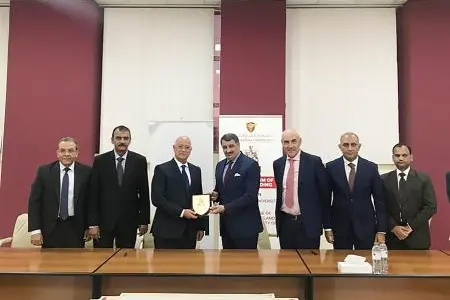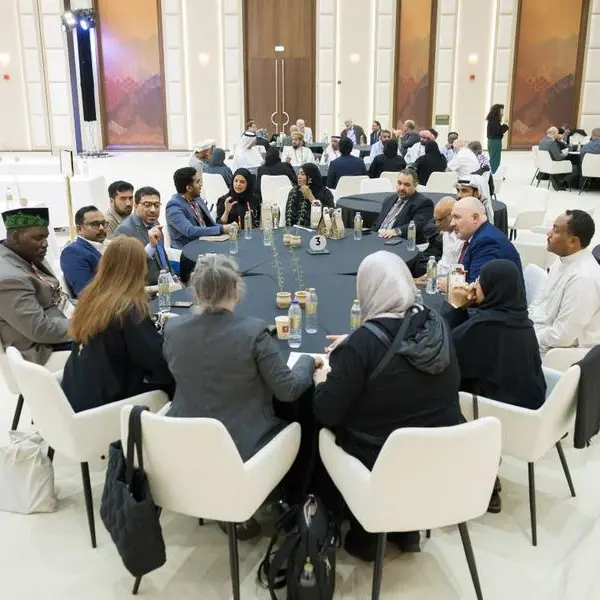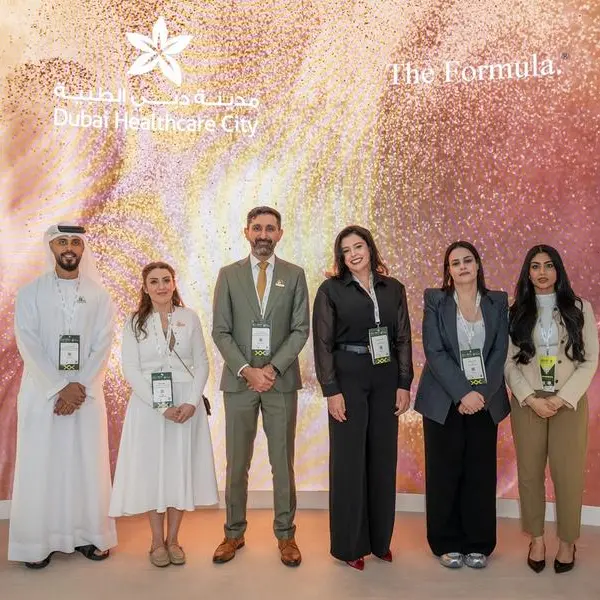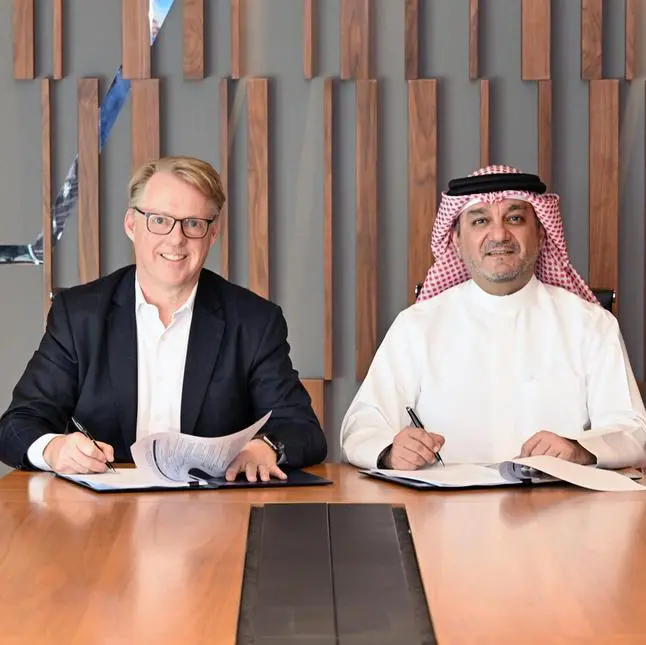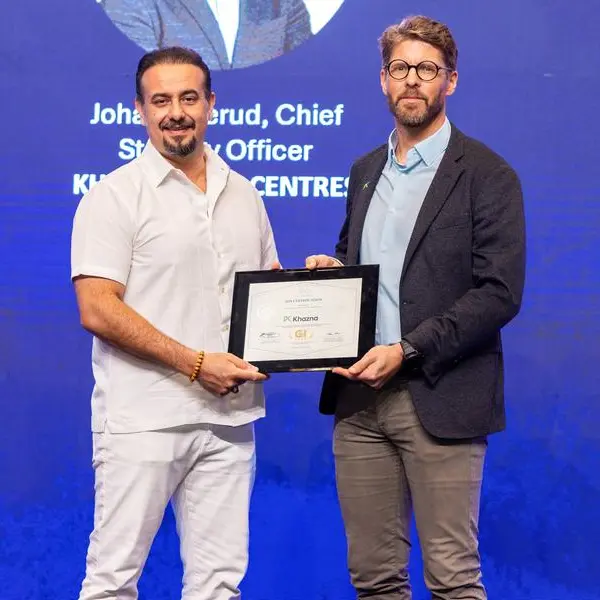PHOTO
Gulf Medical University (GMU), Ajman, on 8th January 2020 signed an agreement for strategic collaboration with the Royal College of Surgeons in Ireland (RCSI), Medical University of Bahrain, aimed to promote mutual cooperation in medical education and research. The MoU was signed at Gulf Medical University on 8th January 2020 by Prof. Hossam Hamdy, the Chancellor, representing GMU and Prof. Sameer Otoom, the President, representing RCSI Bahrain.
The MoU is part of GMU’s strategic objectives concerning internationalization and global collaborations. At present, higher education and training are confined within the walls of universities. E-learning and technological advances maximize the utilization and effectiveness of the learning process. GMU, as a leading medical university in the Gulf region, has close relationships with similar universities in the GMU.
Prof. Hossam Hamdy said the collaboration between GMU and RCSI Bahrain would open up several opportunities in education, research and internationalization. “Both the institutions share the same values and have the same vision and mission of imparting healthcare to the populations of the UAE, Bahrain and the GCC countries through innovations in medical education and healthcare. We hope to take this collaboration ahead in such a way that it benefits both GMU and RCSI Bahrain, as well as the region,” he said.
Prof. Sameer Otoom said that the collaboration would focus on three things mainly: exchange of examiners, joint research and clinical electives. Regarding the delegation’s visit to GMU and the tour of the teaching, training and research facilities, he said, “We are very impressed with the research facilities of GMU that we’ve seen today – a big research center focusing on one type of research and big modern hospitals within the Gulf Medical University Academic Health System. This is an exemplary concept.”
The delegation also complemented GMU for its innovative, technology-intensive training methodology, especially the Virtual Patient Learning (VPL) system developed by GMU to enhance the students’ learning experience.
Gulf Medical University has been establishing tie-ups with leading international universities and research institutions in the United States, Europe, China, India, Japan, Korea, the Gulf States and Egypt, in line with its strategic directions. In the field of research, the University has established international research laboratories that cooperate with a large number of international research centers and work with their counterparts in the UAE, especially in the field of immunology research to treat cancer. GMU receives students from more than 80 countries as its reputation and image goes beyond the region.
-Ends-
© Press Release 2020Disclaimer: The contents of this press release was provided from an external third party provider. This website is not responsible for, and does not control, such external content. This content is provided on an “as is” and “as available” basis and has not been edited in any way. Neither this website nor our affiliates guarantee the accuracy of or endorse the views or opinions expressed in this press release.
The press release is provided for informational purposes only. The content does not provide tax, legal or investment advice or opinion regarding the suitability, value or profitability of any particular security, portfolio or investment strategy. Neither this website nor our affiliates shall be liable for any errors or inaccuracies in the content, or for any actions taken by you in reliance thereon. You expressly agree that your use of the information within this article is at your sole risk.
To the fullest extent permitted by applicable law, this website, its parent company, its subsidiaries, its affiliates and the respective shareholders, directors, officers, employees, agents, advertisers, content providers and licensors will not be liable (jointly or severally) to you for any direct, indirect, consequential, special, incidental, punitive or exemplary damages, including without limitation, lost profits, lost savings and lost revenues, whether in negligence, tort, contract or any other theory of liability, even if the parties have been advised of the possibility or could have foreseen any such damages.
